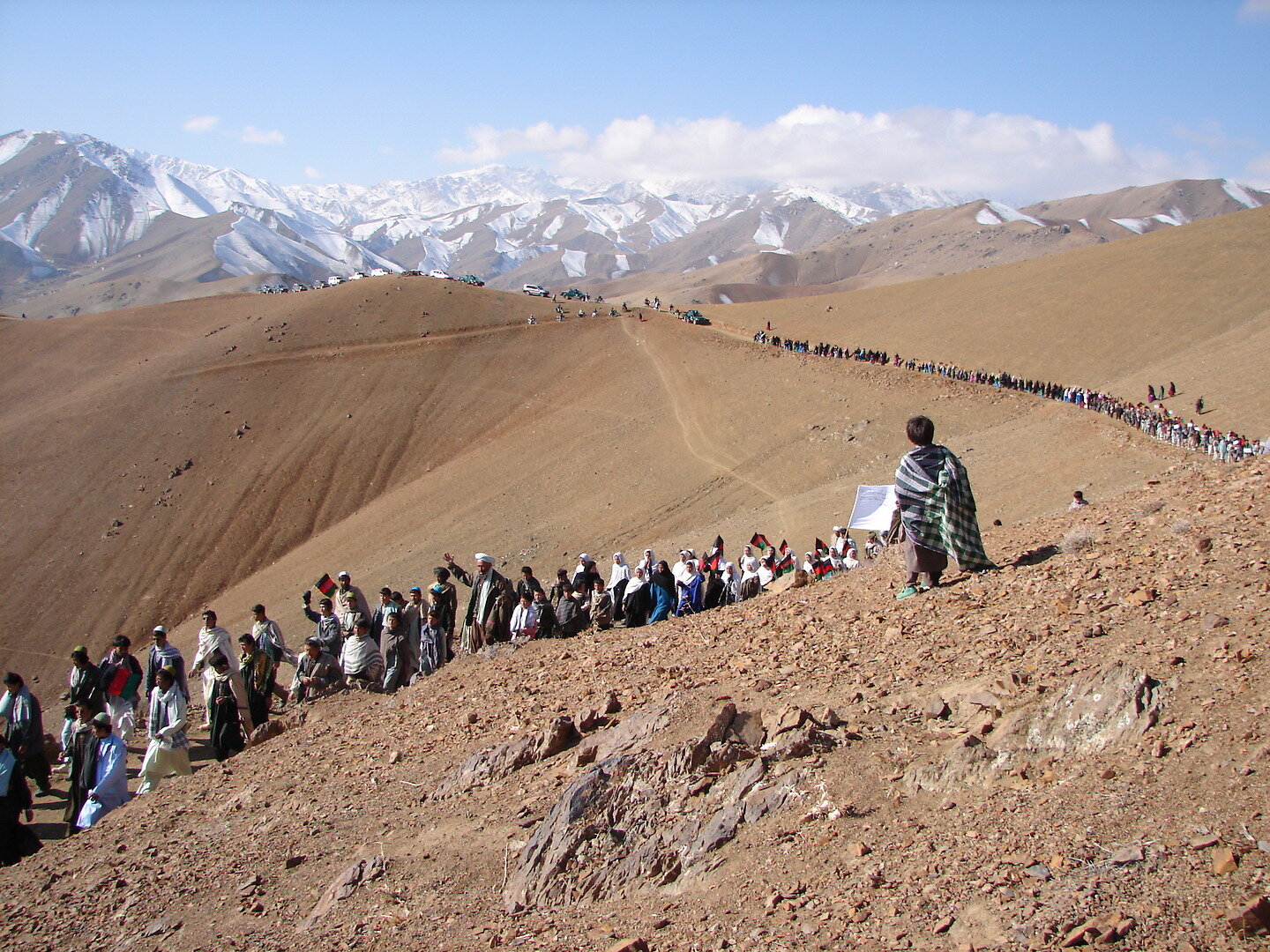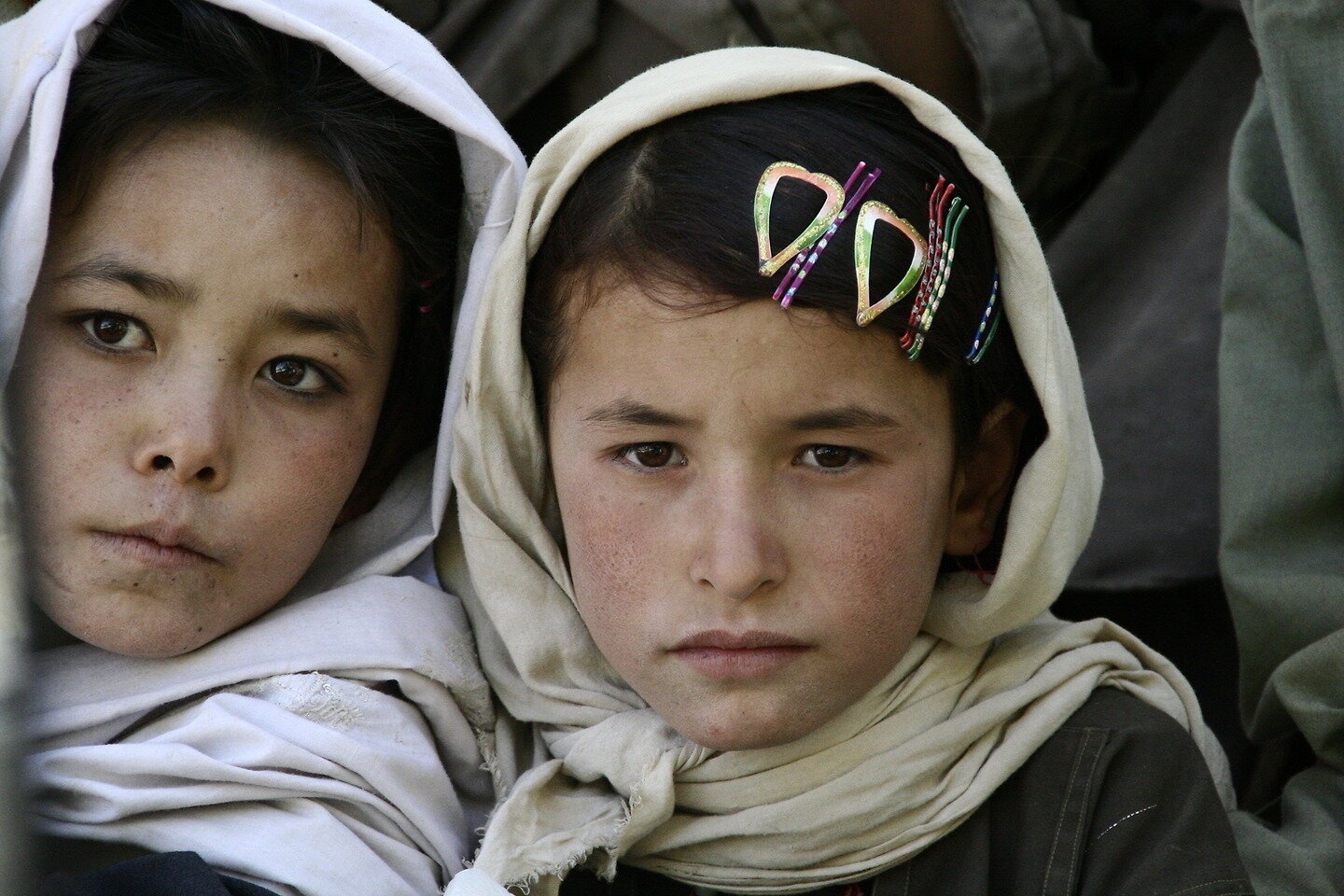
The Australian Government has a moral obligation to support the people of Afghanistan.
Almost twenty years ago, in November 2001, Australia was one of the first nations to join the US-led intervention in Afghanistan that removed the Taliban.
In the two decades following, Australia made considerable promises to protect and promote democratic freedoms, human rights, the rule of law, the rights of women, and minority groups. Australia’s commitment contributed to millions of girls in Afghanistan receiving an education, women being able to work, a vibrant and free press, and improved protection for minority groups.
Australia has a moral duty toward the people of Afghanistan and should not abandon them, particularly in light of alleged war crimes committed by Australian soldiers as documented in the Brereton Report in November 2020.
We strongly urge Prime Minister Anthony Albanese to help at-risk groups and to ease the suffering of the people of Afghanistan by:
1.
Committing to 20,000 emergency additional humanitarian places prioritising the most vulnerable persecuted people of Afghanistan, identified above.
2.
Expediting the resettlement of interpreters, guides and other personnel involved in Australia’s mission in Afghanistan.
3.
Granting permanent protection to more than 5,100 refugees from Afghanistan, predominantly from the historically persecuted Hazara ethnic groups, who are currently on temporary protection visas in Australia.
4.
Granting amnesty to all nationals of Afghanistan currently in Australia who fear returning to Afghanistan.
5.
Prioritising the family reunification visas of Afghanistan-Australians, including those who are prevented from reuniting with their families due to a government ministerial directive that requires the Department of Home Affairs to deprioritise family reunion of hundreds of people from Afghanistan living in Australia.
6.
Lifting the ban on resettlement of refugees to Australia through the United Nations High Commissioner for Refugees in Indonesia, a ban which has been in place since 2014. This ban continues to limit resettlement options for 10,000 refugees from Afghanistan awaiting safety and protection.
So far 307 Organisations and over 9165 people have already signed in support of this call.
187,000 people have signed the petition in support.
After almost two decades of intervention and unfulfilled promises to the people of Afghanistan -
Prime Minister Anthony Albanese has a moral obligation to act in response to rapidly deteriorating humanitarian crisis in Afghanistan.
